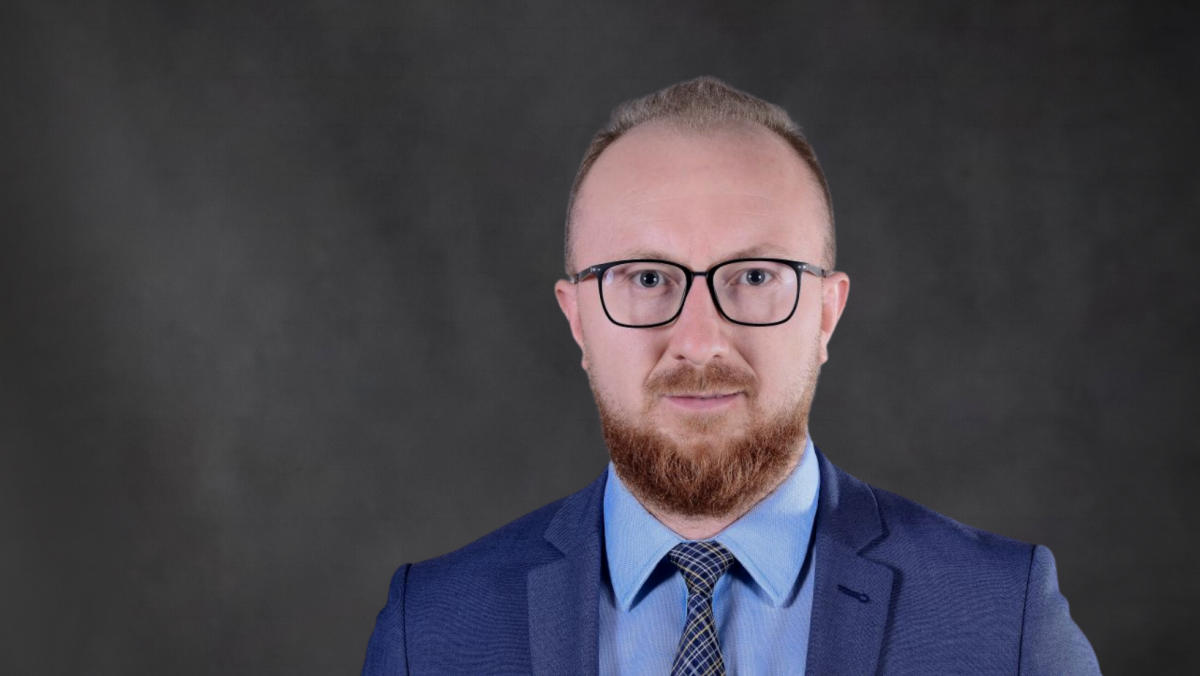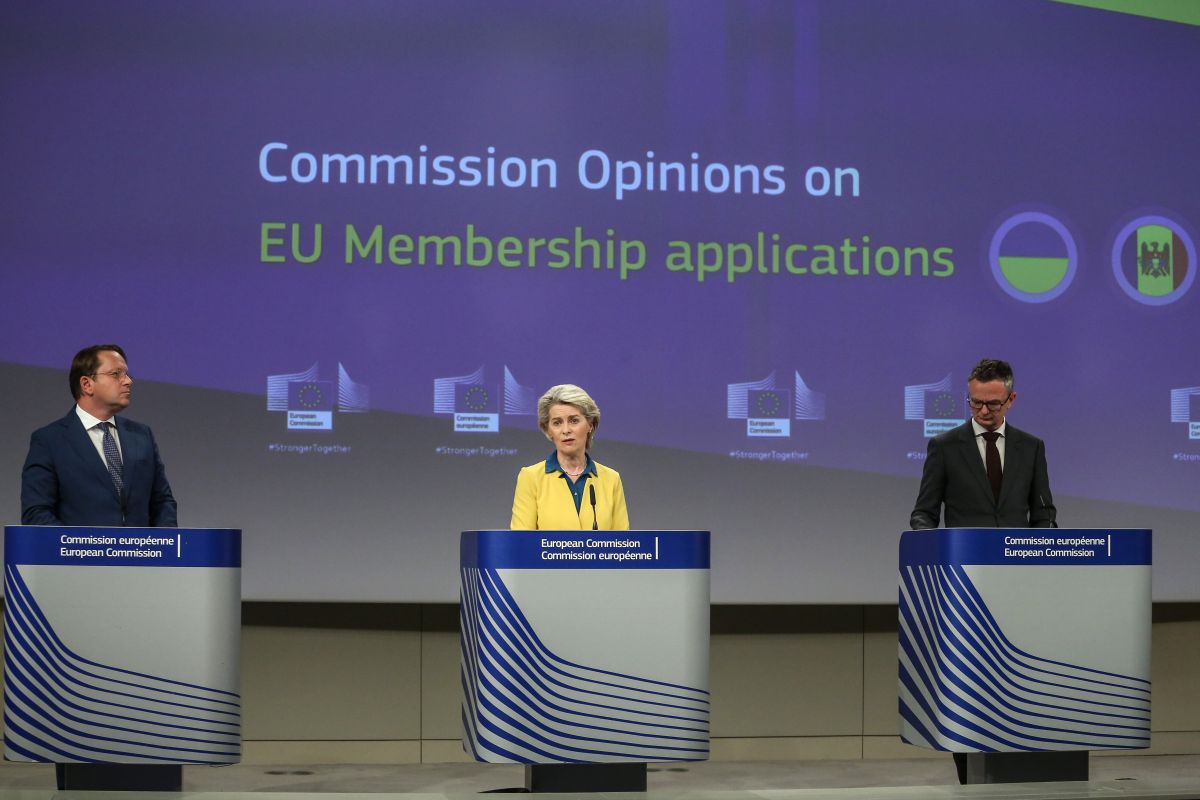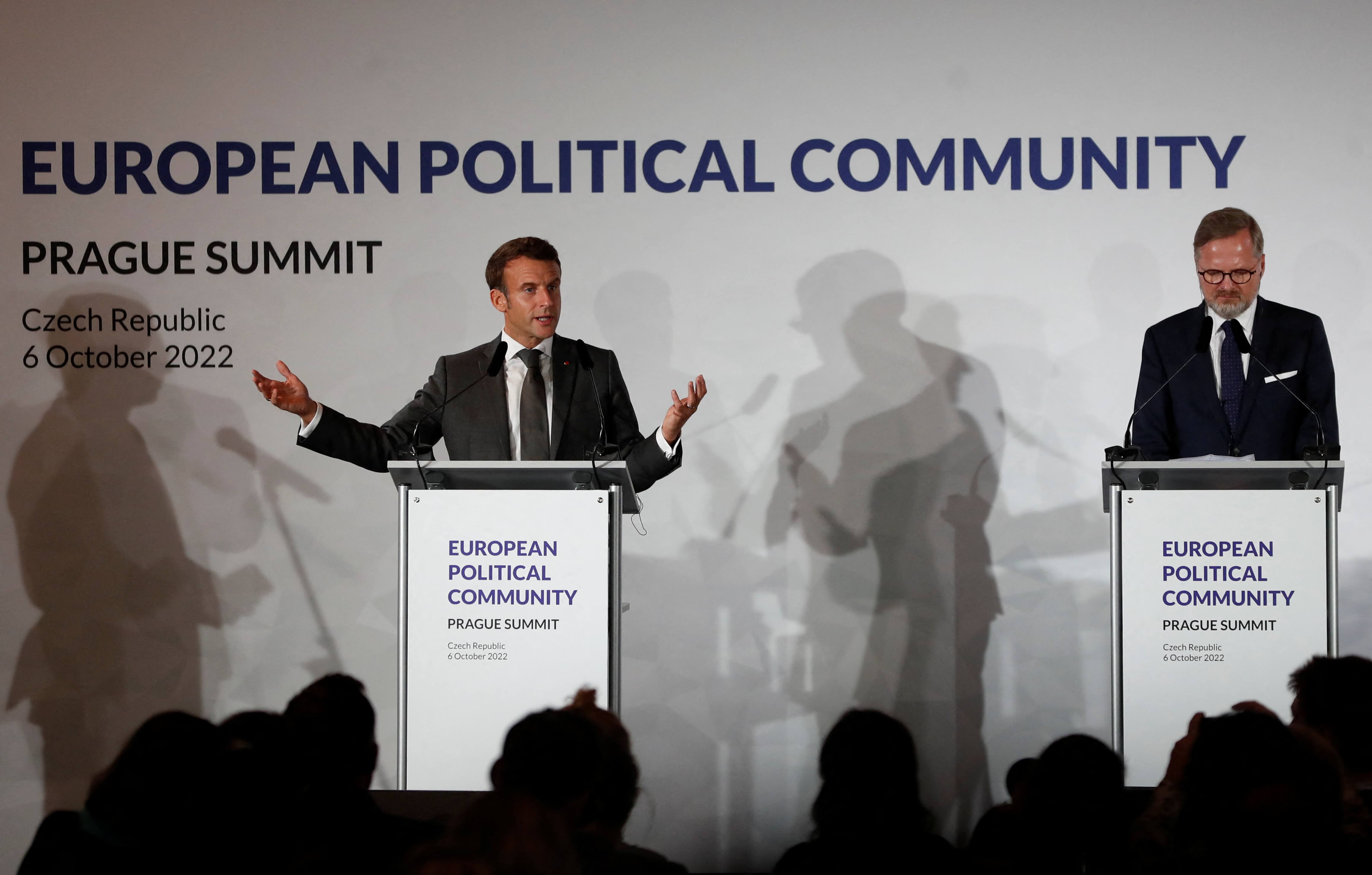Moldova Hosts 2nd European Political Community Summit
On 1 June, the second summit of the European Political Community (EPC) took place at the Castelul Mimi vineyard in Bulboaca, Moldova. Like the first meeting, this time the high political level also did not translate into joint decisions. The summit served the pro-European Moldovan authorities—President Maia Sandu and the ruling presidential Party of Action and Solidarity—to promote the country, its aspirations for European Union membership, and its security support needs.
.jpg) VLADISLAV CULIOMZA / Reuters / Forum
VLADISLAV CULIOMZA / Reuters / Forum
What was the premise of the Bulboaca summit?
The informal formula for exchanging views and ideas for solutions to Europe’s common interests allows for free bilateral and multilateral discussions. However, it does not facilitate binding decisions, which anyways is not the aim of many of the participants. The discussions revolved around three framework themes. On security, the challenges of Russia’s aggression against Ukraine remained the focus. In energy, among other things, the possibilities of a solidarity approach to the gas market in Europe were discussed, which Moldova was particularly keen on. On connectivity, the prospects for the organisational and legal integration of EU and non-EU markets and the expansion of infrastructure were discussed.
The French proposal from May 2022 to create the EPC format aims to enhance cooperation in Europe between EU and non-EU countries to strengthen common security. Thus, in the context of reinforcing the debate at the strategic level between European leaders, the placing of the meeting in Moldova was a strong signal of European political unity in the face of security challenges following Russia’s attack on Ukraine. The first EPC summit was held in Prague last October.
Who attended and what was agreed at the summit?
The summit was attended by 45 leaders of European states, mainly prime ministers, though also over a dozen presidents. Only the leaders of Turkey and San Marino, who were also invited, did not attend. A significant change compared to the previous meeting was the presence of Ukrainian President Volodymyr Zelensky. In addition to the presidents of the European Commission and the European Council, the president of the European Parliament and the EU High Representative for Foreign Affairs and Security Policy also attended this year’s meeting. Moldova welcomed the Kosovo delegation, which required adjusting the law for the summit period to recognise its passports, although Moldovan authorities stipulated they still do not recognise its independence (due to the issue of separatist Transnistria). No binding decisions were taken at the summit. Instead, it served as a demonstration of European unity against the aggressive policy of Russia and Belarus and a readiness to further assist Ukraine and Moldova. Significant for Moldova's EU membership aspirations may be the indication by EU High Representative Joseph Borrell that—following the example of Cyprus—accession is possible even without the reintegration of Transnistria. The meeting between Armenian Prime Minister Nikol Pashinyan and Azerbaijani President İlham Aliyev did not bring an expected breakthrough in the settlement of the Karabakh conflict.
What expectations did Moldova have from the organisation of the summit?
The EPC summit was the biggest international event in Moldova’s history. By organising it, the country wanted to confirm to European leaders its readiness to become independent from Russia’s influence and to adjust to EU membership. Indeed, Moldova hopes to open negotiation talks later this year, and aspires to join the Union by 2030, based on its own accession plan. Sandu also wanted to strengthen pro-European moods in a society that has been under pressure from the pro-Russian Şor Party. In response to these aspirations, the EU cumulated support in the days immediately preceding the summit, hoping to amplify the social effect. Among other things, it inaugurated a civilian partnership mission to support Moldova on security issues, imposed sanctions on politicians and oligarchs responsible for destabilising the country (including Vladimir Plahotniuc, Ilan Şor, and Marina Tauber) and increased macro-economic assistance from €150 million to €295 million. The Moldovan authorities used global media interest in the summit to promote the country and attract investors. They pointed to its rise in the rankings of press freedom, the fight against corruption, the rule of law, and the quality of democracy.
What are the prospects for the EPC and what relevance can it have for Poland?
No arrangements from the summit indicate a departure from the informal formula of the meetings. This approach probably will be maintained during the next summits. These will take place in Spain and the United Kingdom, as agreed back in Prague. The Granada meeting scheduled for October this year indicates that the ambition of the EPC is to meet twice a year. The participation of most European prime ministers, including Poland’s Mateusz Morawiecki, in the Prague and Bulboaca summits, as well as many presidents, allows one to assume that the high level of representation will continue at upcoming meetings. From Poland’s point of view, the EPC can serve to persuade partners to its threat perceptions and security interests, which includes the role of the U.S.—it remains outside the EPC—in the security architecture in Europe. During the Bulboaca summit, Poland announced the donation of a large amount of arms, ammunition, and equipment to the Moldovan police. This is intended to encourage other countries also to support Moldova’s security.






